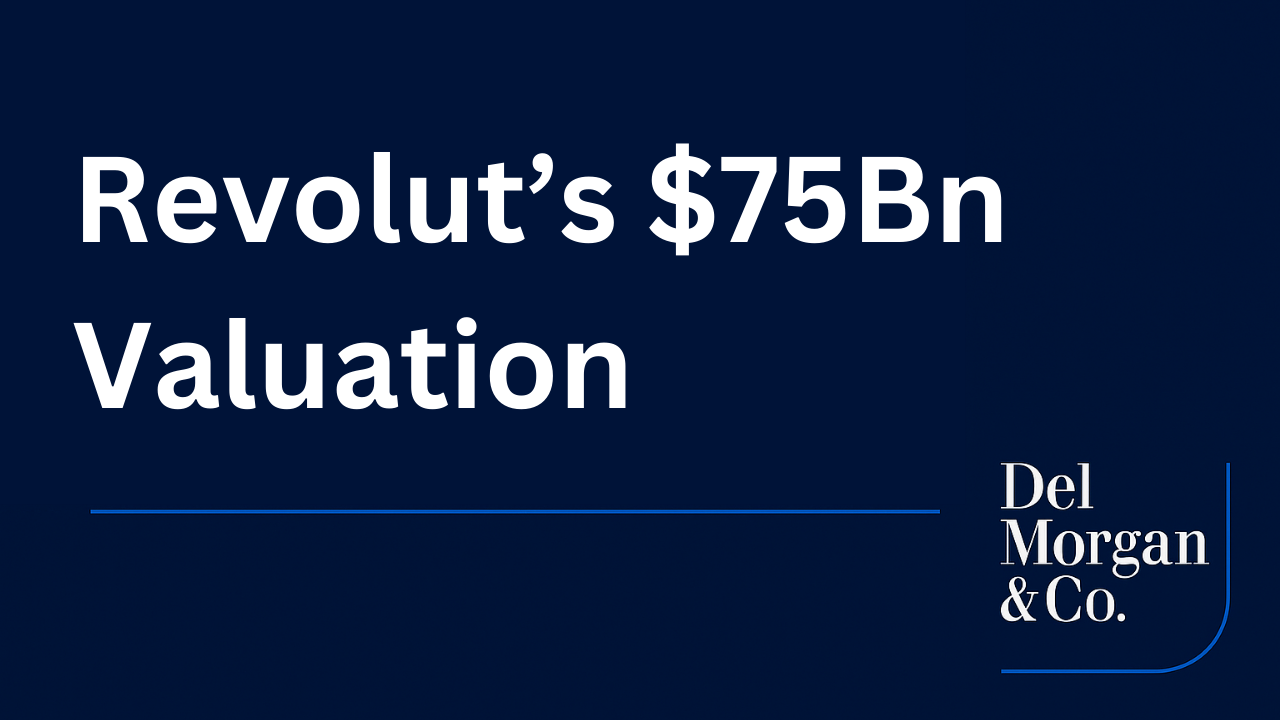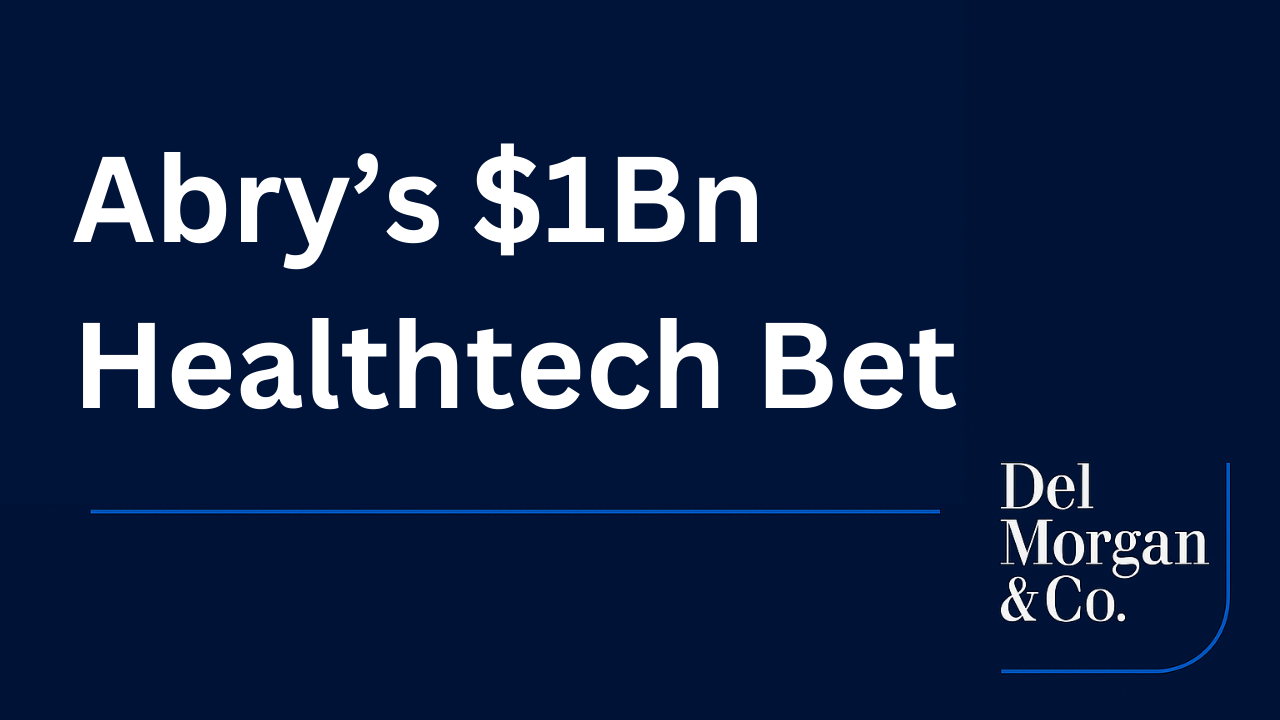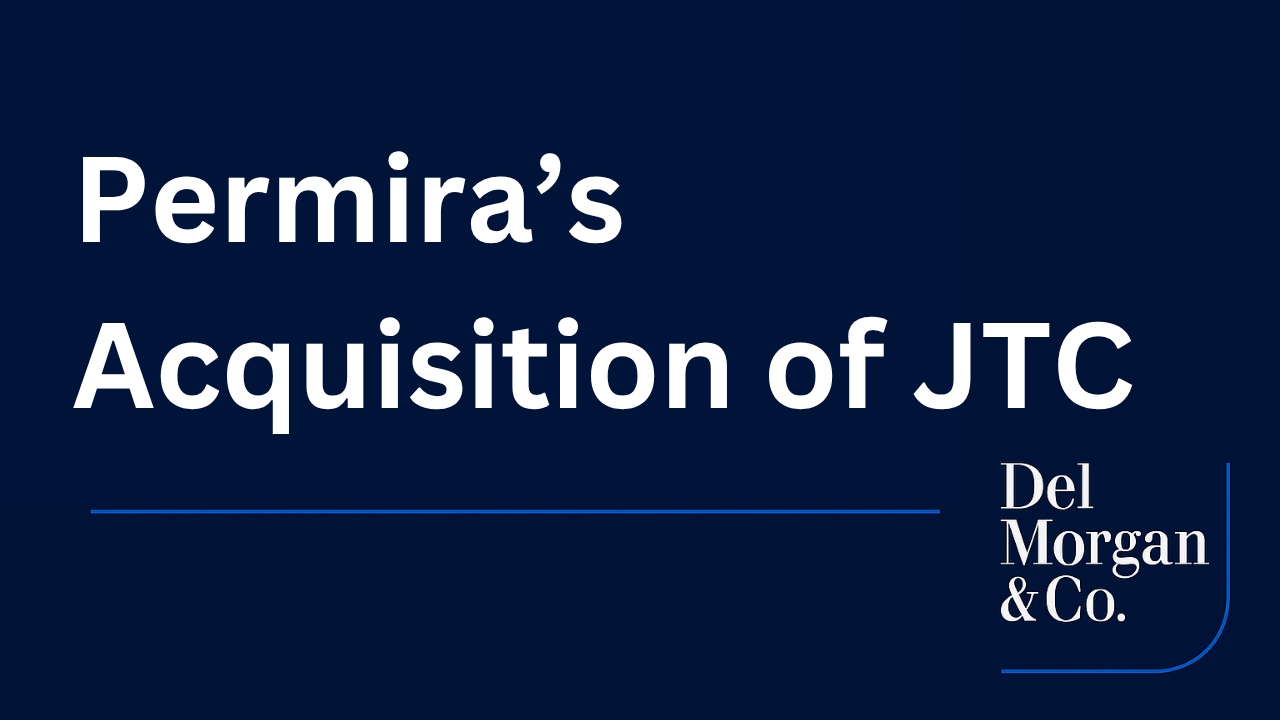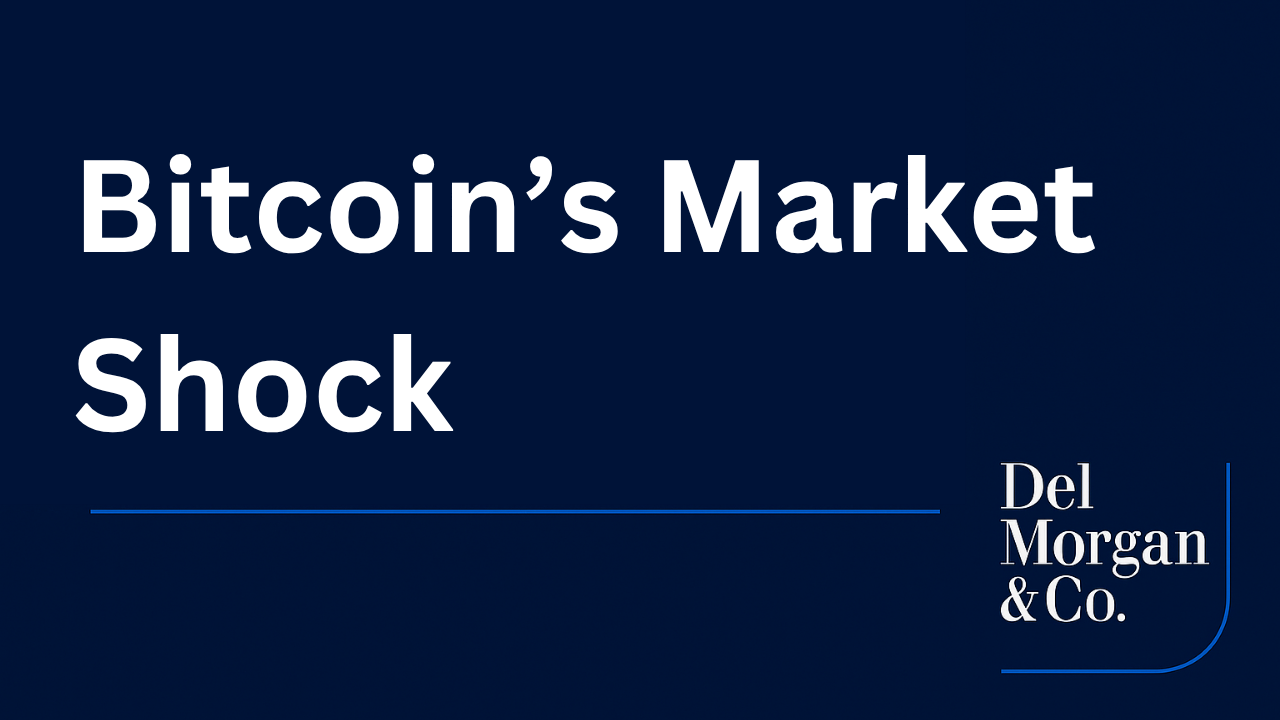Executive Summary
In 2025, healthcare M&A is shifting decisively away from traditional hospital systems, payors and clinical providers toward consumer-centric, technology-driven models emphasizing longevity, preventive care and digital wellness. This emerging category – encompassing diagnostics, wearables, AI-driven platforms and integrated wellness solutions – offers resilient revenue streams, proprietary intellectual property and alignment with consumer demand for personalized health optimization. Private equity and strategic acquirers are driving consolidation in this fragmented ecosystem, capitalizing on scalable, high-margin opportunities. This analysis examines the financial and strategic drivers of this trend, evaluates key transactions and outlines implications for stakeholders navigating this dynamic landscape.
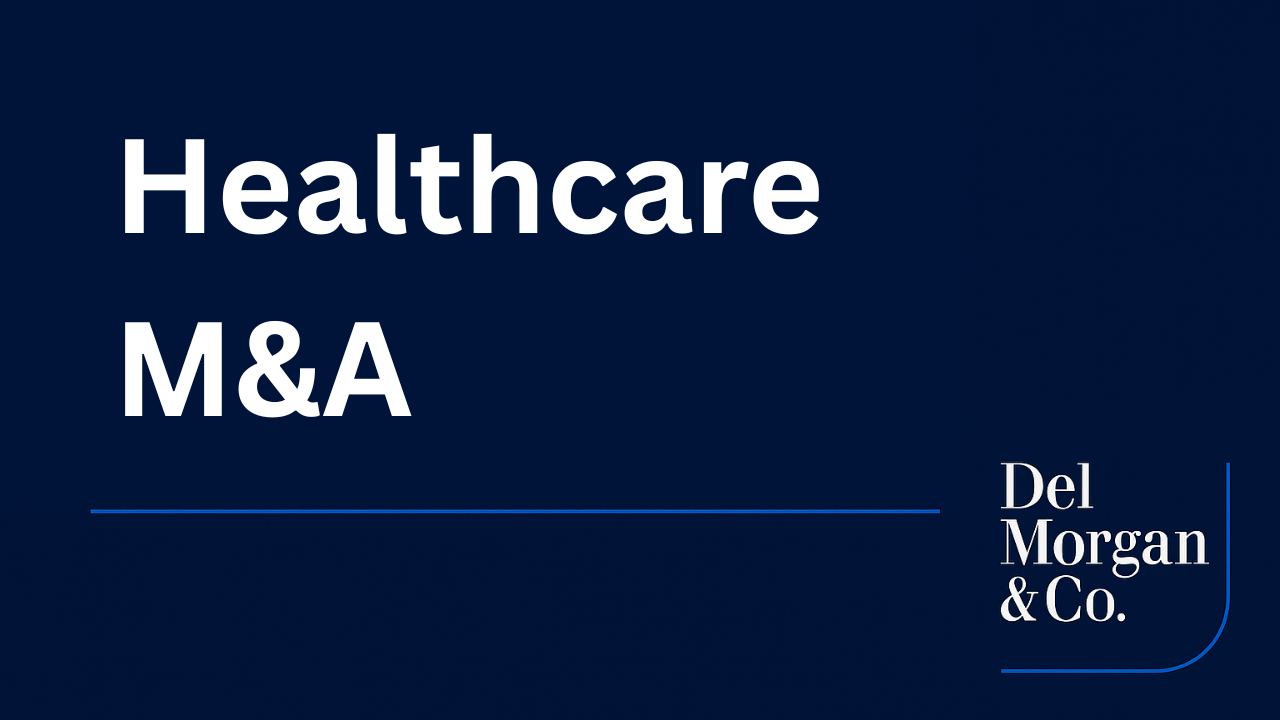
A Strategic Shift to Consumer-Driven Health
Historically, healthcare M&A has prioritized acute care infrastructure – hospitals, outpatient clinics, insurers and post-acute services. However, evolving consumer preferences, technological advancements and a cultural pivot toward wellness are redirecting capital toward preventive, personalized and digital-first health solutions. These platforms, often operating outside traditional healthcare frameworks, focus on continuous engagement, data analytics and behavior modification rather than episodic treatment.
This shift is evident in deal activity targeting early-stage diagnostics, AI-driven health tools and consumer wellness platforms. Investments are flowing into areas such as biological age testing, nutrition analytics and at-home diagnostics, which deliver high-frequency interaction and recurring revenue. These businesses integrate diagnostics, coaching and optimization into cohesive user experiences, enabling multiple monetization vectors and superior gross margins compared to capital-intensive traditional providers.
Case Study: Superpower’s Acquisition of Base
In May 2025, Superpower, an AI-powered health platform, acquired Base, a personalized at-home lab testing company specializing in nutrition and hormonal analytics, marking its second transaction of the year after acquiring Feminade, a women’s wellness startup. The Base acquisition, structured with a mix of cash, equity and performance-based earnouts tied to integration milestones and subscriber growth, enhances Superpower’s food-as-medicine offerings by embedding diagnostic capabilities into its AI-driven platform.
This deal reflects a broader trend: early-stage digital wellness companies are leveraging M&A for growth and integration rather than solely as an exit strategy. By consolidating capabilities, these firms are building full-stack platforms to compete across wellness verticals, enhancing customer retention and lifetime value.
Diagnostics, AI and Preventive Platforms Draw Capital
The M&A landscape in 2025 shows robust activity in diagnostics, personalized medicine and preventive health. Notable transactions include Function Health’s acquisition of Ezra, a full-body MRI provider focused on early cancer detection; Longevity Health’s merger with THPlasma to expand into plasma-based diagnostics; and DirectMeds’ purchase of Autumn DNA to strengthen its DNA-based recommendation engine. These deals underscore a strategy of “stacking” diagnostics, recommendations and subscription services within unified platforms to maximize average revenue per user (ARPU) and create proprietary data assets.
Operationally, these businesses are capital-efficient, technology-enabled and often subscription-based, offering predictable revenue and margin stability. B2B channels, such as employer wellness programs and concierge medicine, further enhance scalability and valuation appeal for strategic and financial buyers.
Private Equity as a Consolidation Catalyst
Private equity is a dominant force in this sector, with $75 billion in M&A volume recorded in Q1 2025, an 84% increase year-over-year, according to industry data. Approximately two-thirds of these deals involved PE firms or PE-backed platforms. Key examples include Nordic Capital’s acquisition of Arcadia, a population health analytics platform; TPG’s investment in Thorne HealthTech, a diagnostics and nutrition provider; and L Catterton’s roll-up of boutique wellness assets across skin, supplements and gut health.
These investments reflect confidence in the long-term value of health optimization platforms, which combine recurring revenue, attractive entry valuations and platform expansion potential. PE firms are particularly drawn to the sector’s ability to integrate consumer and B2B channels, driving diversified revenue growth.
Strategic Buyers Seek Early Differentiation
Strategic acquirers in digital health, diagnostics and consumer wellness are prioritizing assets with high engagement, proprietary data and vertical differentiation. Acquisitions target three key advantages: proprietary IP (e.g., unique testing protocols or lab infrastructure), engagement technologies (e.g., AI coaching or wearable integration) and distribution leverage (e.g., corporate clients or premium retail channels). Unlike traditional healthcare M&A, these deals often occur earlier in a target’s lifecycle, reflecting a willingness to prioritize innovation and first-mover advantage over mature cash flows.
Valuation and Regulatory Risks
Despite enthusiasm, risks persist. Elevated valuation multiples for direct-to-consumer healthtech assets, often driven by market narratives rather than fundamentals, introduce repricing risk, particularly for companies without clear reimbursement pathways or retention data. Regulatory scrutiny is also intensifying as platforms blur the lines between wellness and clinical care, with AI-driven diagnostics facing potential FDA oversight and state-level medical board reviews.
Additionally, competition from Big Tech – Amazon, Apple and UnitedHealth – poses a structural challenge. These players are building integrated health ecosystems spanning devices, insurance and pharmacy services, potentially crowding out mid-market platforms and new entrants.
Conclusion: A New Paradigm for Healthcare Investment
The decentralization and digitization of healthcare are redefining value creation, with longevity, preventive care and digital wellness emerging as core investment themes. These categories offer recurring revenue, high consumer engagement and defensible technology, making them attractive for M&A. For founders and early-stage companies, this trend presents opportunities for growth and strategic exits. For institutional investors and strategic buyers, it offers a chance to build future-ready platforms that transcend traditional healthcare models.
In 2025, healthcare capital is no longer tethered to hospitals and doctors’ offices – it is following the consumer toward proactive, data-driven health solutions.
About DelMorgan & Co.
With over $300 billion of successful transactions in over 80 countries, DelMorgan’s Investment Banking professionals have worked on some of the most challenging, most rewarding and highest profile transactions in the U.S. and around the globe. In the upcoming year we expect more high-quality deal execution for more clients and welcome the opportunity to speak with companies interested in potentially selling their businesses or raising capital.
